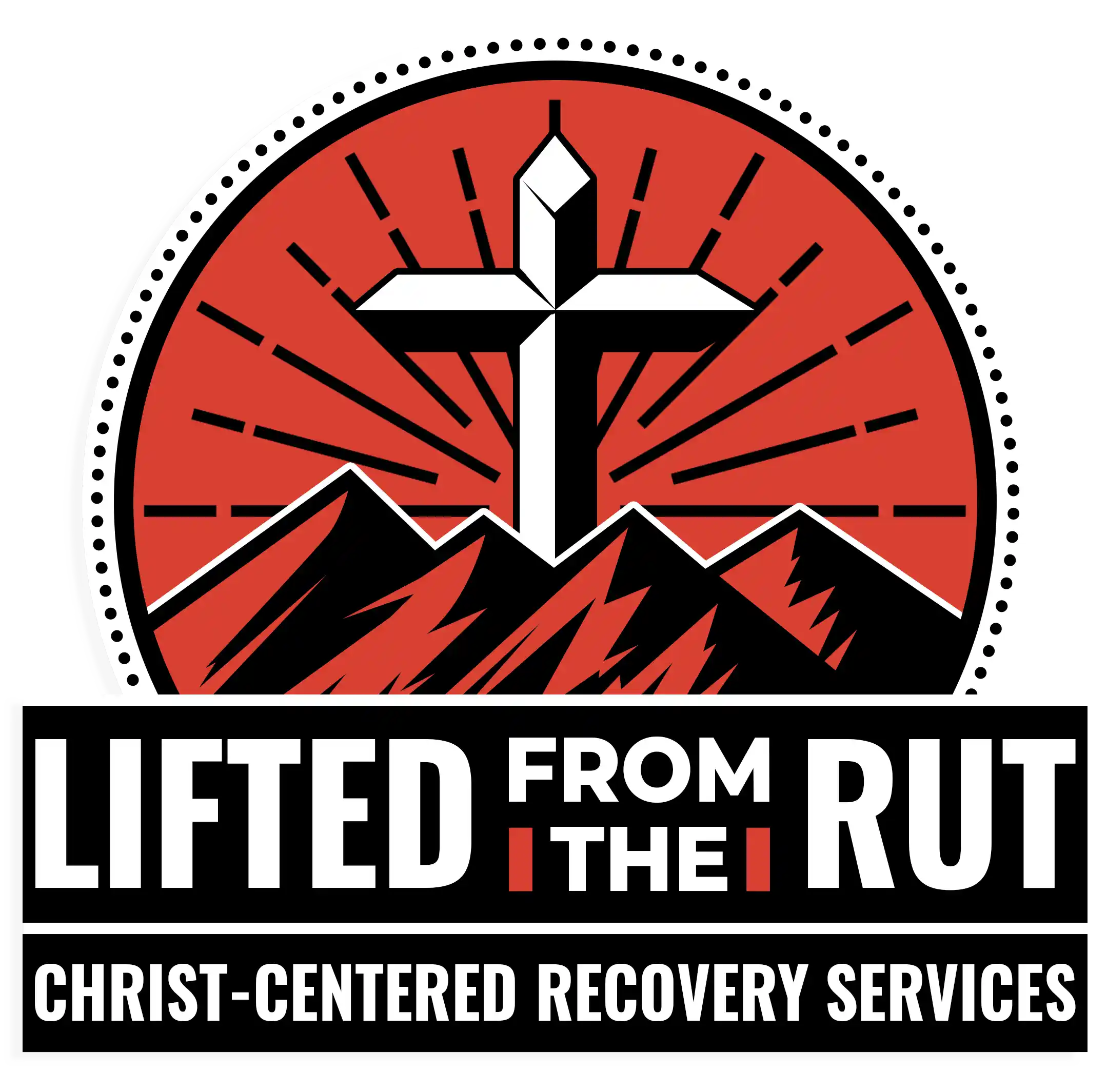SMART Recovery and Alcoholics Anonymous (AA) are two well-known approaches to addiction recovery, each offering unique philosophies and methods to support individuals in achieving sobriety. Understanding these differences can help them choose the best approach that aligns with their recovery goals and personal preferences.
In this article, we will explain what SMART Recovery and AA are, compare their core philosophies and program features, highlight their similarities, and discuss which program might be most suitable for different people seeking lasting recovery.
What Is Alcoholics Anonymous (AA)?
Alcoholics Anonymous, founded in 1935, is one of the oldest and most widespread recovery programs that supports people struggling with alcohol addiction. Its approach centers on the disease model of addiction and focuses on strict abstinence from alcohol.
What Is SMART Recovery?
SMART Recovery emerged in the 1990s as an evidence-based alternative to traditional 12-step programs. It focuses on self-empowerment, using cognitive-behavioral tools and motivational techniques to help individuals change addictive behaviors.
Key Differences Between SMART Recovery and AA
Philosophy & Spirituality
AA is based on a spiritual approach and follows the 12-step framework, focusing on acknowledging one’s powerlessness over addiction and depending on a Higher Power for support. In contrast, SMART Recovery adopts a secular, science-driven method that emphasizes personal empowerment, accountability, and self-management, using strategies from cognitive-behavioral therapy (CBT) and motivation enhancement.
Program Structure
AA follows a defined 12-step program that encourages ongoing participation, mentorship through sponsors, and sharing recovery experiences at meetings. SMART Recovery offers a more adaptable four-point approach centered on boosting motivation, handling cravings, solving problems, and maintaining balanced living, allowing participants to select which techniques best suit them without adhering to formal steps.
Meeting Style and Leadership
In AA, meetings are led by members themselves and often involve open storytelling about struggles with alcoholism and recovery. SMART Recovery meetings are more structured workshops facilitated by trained leaders who guide skill-building activities; these facilitators may not necessarily be in recovery themselves.
View of Addiction
AA views addiction through the disease model, treating it as a chronic illness requiring lifelong management and abstinence. Meanwhile, SMART Recovery takes a different stance, permitting participants to define their relationship with addiction on their own terms, including choosing moderation rather than strict abstinence.
Role of Sponsorship
AA strongly relies on a sponsorship system where newcomers are paired with experienced members for mentoring and support. SMART Recovery does not have sponsors but fosters peer support and encourages participants to connect and share contact information voluntarily.
Flexibility & Duration
AA advocates for regular participation often throughout one’s life, emphasizing continuous engagement. SMART Recovery provides greater flexibility, allowing individuals to attend sessions as needed and to discontinue once they have developed sufficient skills for self-managed recovery.

Similarities Between SMART Recovery and AA
Despite these differences, both programs provide peer support and a community of people working toward sobriety. They are nonprofit organizations offering free or low-cost meetings and resources.
Both emphasize sustained abstinence or reduced substance use and share recognition that addiction requires ongoing management.
Overall, they acknowledge addiction as a serious challenge that benefits from mutual aid, accountability, and structured support.
Which Program Is Right for You?
Choosing between SMART Recovery and AA depends on individual preferences and recovery needs. Those who value spirituality, traditional support systems, and lifelong community involvement might find AA more suitable.
People seeking a science-based, secular approach that focuses on cognitive skills and self-management could prefer SMART Recovery.
Comfort with labels such as “alcoholic,” commitment to lifelong membership, and desire for structured social support versus flexible participation also influence the decision. Individuals with co-occurring mental health issues may benefit from the tailored approaches available in SMART Recovery or from the fellowship environment of AA.
How to Access SMART Recovery and AA
Both SMART Recovery and AA have widespread availability, with local meetings held in many communities worldwide and numerous online meetings for remote access. They offer a range of resources, including group meetings, literature, and coaching or sponsorship support.
Many professional treatment programs integrate these peer support options to supplement clinical care, providing a holistic approach to long-term recovery.
Final Thoughts from LFTR Christ-Centered Rehab Services
Both SMART Recovery and AA have helped millions achieve and maintain sobriety worldwide. Understanding their fundamental differences and similarities can help individuals choose the recovery path best suited to their beliefs, needs, and recovery goals. Exploring these options or even combining elements of both can enhance the recovery journey and support lasting change.
At LFTR Christ-Centered Rehab Services, our Outpatient Programs for alcohol addiction offer a supportive and flexible approach to healing that fits around your daily life. Designed for those who need structured care without putting work, school, or family on hold, our programs combine proven clinical therapies with compassionate, faith-based support. Through weekly sessions that include individual counseling, group therapy, and spiritual guidance, we help you uncover the underlying causes of addiction and build lasting, healthy coping skills rooted in both evidence and faith.





